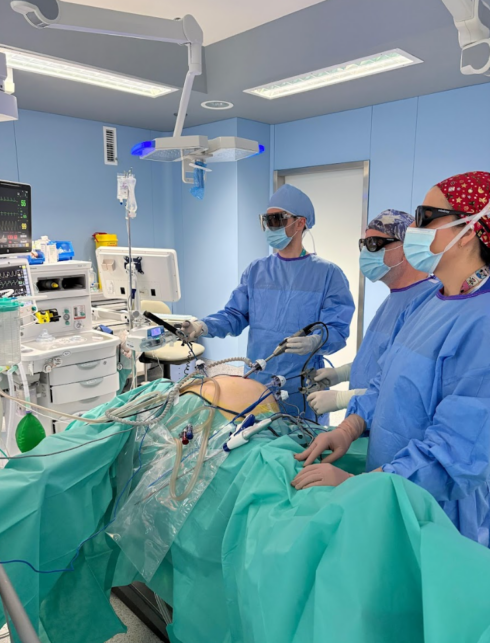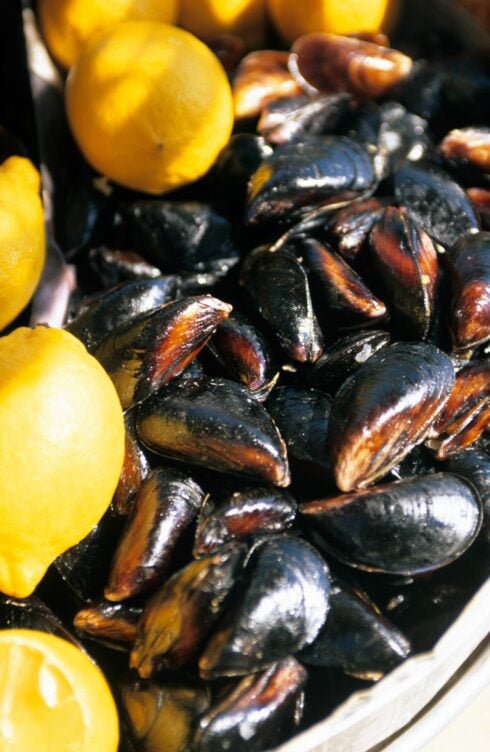FRESH studies in China have suggested the coronavirus can survive in the air for at least 30 minutes and spread from person to person by a distance of up to 4.5 metres.
They have also suggested that the disease can be passed on through contact with faecal matter, El Mundo reports.
One of the main focuses of the research has been on how the virus, now being called SARS-CoV-2, survives outside of the body.
The new findings back up the fact that it can survive on surfaces for several days – in some cases up to nine days.
The variation depends on the type of surface, temperature and humidity.
The latest study found that at 37C it could survive for two to three days on materials like glass, cloth, metal, plastic and paper.
Meanwhile, a study published in the Journal of Hospital Infection found it could survive for up to nine days outside the body.
Carried out by the University of Leibniz in Germany, the disease survived for over a week on surfaces like ceramics, rubber, metal, glass and plastic.
Sources told El Mundo that different studies have had varying results but they suggest this coronavirus could survive outside the body longer than previously thought.
As for the distance of 4.5 meters, if true, it completely challenges the advice of health authorities around the world that people must remain separated at a ‘safe distance’ from each other – meaning one to two metres apart.
The WHO has reiterated the importance of washing your hands for at least 20 seconds with soapy water and to refrain from touching your face.
It is also advised to wash your hands with sanitising products within five minutes after potentially touching an infected surface.
It comes as the number of confirmed cases in Spain has surpassed 1,600 today.
Madrid continues to be the worst hit region and has closed down all schools, colleges and universities for two weeks.
Click here to read more Health News from The Olive Press.









